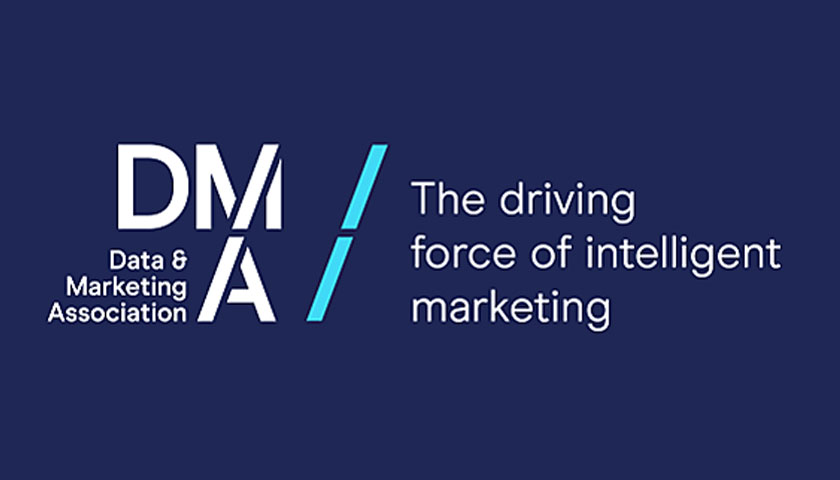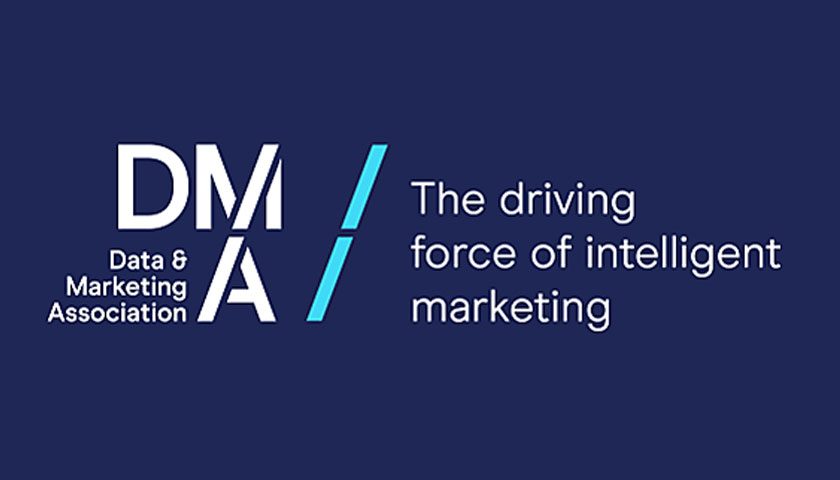New research launched by the Global Data & Marketing Alliance (GDMA), in partnership with Acxiom and the Data & Marketing Association (DMA), reveals that over half of surveyed consumers (53%), across 16 countries, agree that the exchange of personal information is essential for the smooth running of modern society.
Consumers are increasingly comfortable with data sharing, especially if there is a clear benefit of doing so. The vast majority of global consumers (82%) are prepared to engage with the data economy in 2022.
These findings come from the 2022 ‘Global Data Privacy: What the Consumer Really Thinks’ report. Commissioned by the Global Data & Marketing Alliance (GDMA), in partnership with Acxiom and the DMA UK, the second edition of this report (following 2018’s edition) and the fourth report since 2012, now covers 16 countries representing over half the world’s population.
Trust in an organisation remains the most important factor driving consumers’ willingness to share personal information with a company. Across the 16 countries surveyed, 38% of consumers rank ‘trust in an organisation’ in the top three factors that make them happy to share data with an organisation.
“Given the diversity of cultures, economic development and digital maturity of these markets, this report is remarkable for the consistency of its findings across the 16 countries. Critically, consumers understand the part data has to play in the data value exchange. Trust remains the most decisive factor driving consumers’ willingness to share data, so the guiding principle of valuing privacy must engender trust at the heart of customer communication,” said Martin Nitsche, Chair of GDMA & President of DDV (German Data Marketing Association). “The findings in this research confirm the importance of the GDMA’s Global Privacy Principles launched in 2021, which were designed to enable a consistent approach to data protection legislation and industry best practice across the world.”
Enhanced global privacy standards has notable impact on consumers
Since 2018’s previous edition of this research, which surveyed 10 of the same markets*, many countries have implemented new or updated data protection legislation. When making like-for-like comparisons between 2018 and 2022, there are some important trends observed that show an increasingly positive public sentiment to data exchange.
In 2022, almost half (46%) of global consumers across 10 markets feel more comfortable with the notion of data exchange with businesses – such agreement has grown from 40% in 2018. In addition, 48% of consumers across the 10 countries stated data exchange as essential for the running of modern society – rising significantly from 41% who stated this back in 2018.
Another interesting trend observed over the last four years is the rise of the ‘Data Unconcerned’ group; people who show little or no concern about their data privacy. 31% of the population across the 10 global markets now fall into this category – up from 26% in 2018. There is also a decline of ‘Data Fundamentalists’, who are unwilling to share personal information. 21% now state they fall into this cohort – 23% of people stated this back in 2018.
The majority of consumers (47%) surveyed remain ‘Data Pragmatists’, who are happy to exchange data with businesses so long as there is a clear benefit for doing so.
“While some media reports would have us believe people are more worried than ever before, the reality is more people are getting familiar with data and technology and in return concern is falling. Not to say we can relax. Indeed, to the contrary, we need more engaged and pragmatic minds around data,” said Jed Mole, CMO of IPG agencies Acxiom, Kinesso, and Matterkind. “So, while people have less concern than before when it comes to data matters, it matters greatly that we collectively work to understand how people think, so that we may help them have a balanced view of this amazing digital age and how it works for people. This research helps make that possible.”

